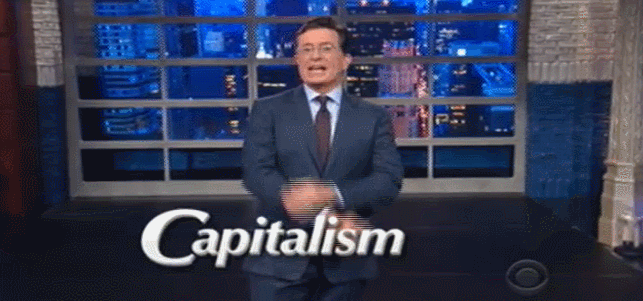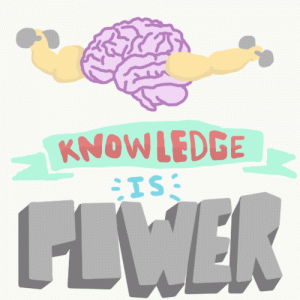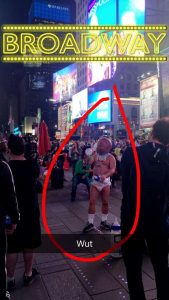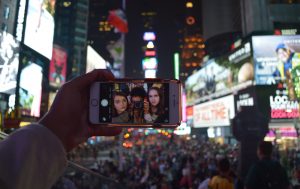Your body is the start and end of most things in your life.
But over time, your body has become a subject of conversation
It has become a topic of arguments and wars.
You wake up everyday in this vessel that carries you
And you carry it
To face this world that carries your body
And your body, that bares the weight of this world
Is the center of the politics and people that tell you
If your skin is too dark for you to be deemed
Beautiful, or competent or, worthy,
If the curls on your head are too tight and
If your hair is too “intense” or “bold” for the “normal” people
And deny it to be fit for the crown you deserve,
Condemn your wrists for handcuffs and
Your body for prison cells,
And decide
If your image is a product that can be tweaked and appropriated and sold
For those who can do so simply because they can.
You wake up to face the people who dictate
Whether you,
A woman,
Can make your own choices for your body,
And question the strength of your soul and body because
They are unaware of how many stories are written and carried on your back.
You wake to face the system,
The system that fails to educate those who violate your body
Because these violators are “great student athletes”
And your violation was simply “20 minutes of action”,
The very system that then fails to punish those who invade your temple
Because what the violation “technically” was, or was not.
The system that preaches that, your complacency and fragility
Is what defines you as a woman.
The system that justifies your gender expression or who you choose to love
To be grounds for suspicion
Of you being… A threat.
But when are you not a threat?
You’re a threat when you’re educated and aware,
A threat when you’re appreciated or praised,
A threat when you’re trying to change the system that keeps you drowning,
A threat when you’re even just at your home, which is why you’re killed countless times
With “no knock raids” and searches…
As if they were going to knock and tell you that your fate was going to be another unjust death
That will be overlooked like the thousands before you.
So you wake up
And remind yourself that if you fight for whatever cause,
Your
Body
Is
On
The
Line.
So as soon as you wake up,
You are reminded of the woman you are.
not
A woman,
A woman who is beyond the reach of any combination of words to be painted,
A woman whose beauty could not be limited to numbers and measurements
A woman whose story carries a thousand more, of all she has touched
A woman with courage, resilience, strength and fire in her soul
A woman full of color and life for the world to witness
A woman whose love could heal age old scars
A woman of wisdom and advice
A woman of leadership
A woman of balance
A woman.
But
A woman
Who has had to
Shirk herself beyond belief;
Because her body was her weakness.
Her body no longer felt like hers because it was not.
Her body was everyone’s and she no longer had claim to it.
A woman whose temple was legislated, policed, brutalized, beaten,
Objectified, simplified,
Labeled, sold, re-sold, painted, smoothed, defined,
Appropriated, criminalized, judged, observed
Thrown and never caught.
This is the woman you are….
Or believed to be.
But as Coates said it,
“This is your country, this is your world, this is your body, and you must find some way to live within the all of it.”
Better yet, you must find a way to live above it.
Forget the standards and expectations and fight.
Fight for the words that were taken from you,
Fight for the love from which you were forbidden, fight for the rights that were torn away
For the life that was taken from you, for the family that was robbed of you, and
For the power to your own body.
Fight with the knowledge that even if you don’t see your promise land,
Those who do, will do so because of you.
So wake up and face this world,
And let it face you.









 The more I learn, the more negative I begin to feel toward society and the system within which we are all forced to accept. But relief in the moment and having people in this world that genuinely want to help this community is better than not having nonprofits at all, right? #Confused
The more I learn, the more negative I begin to feel toward society and the system within which we are all forced to accept. But relief in the moment and having people in this world that genuinely want to help this community is better than not having nonprofits at all, right? #Confused














